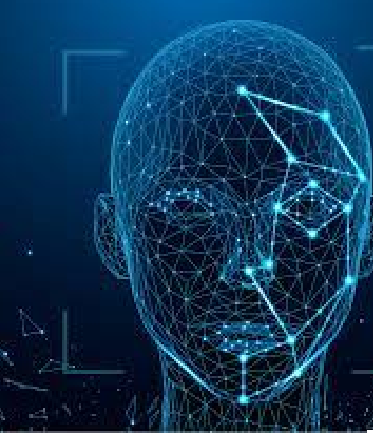UniSA researchers develop AI facial recognition tech to monitor premature babies

UniSA researchers develop AI facial recognition tech to monitor premature babies
University of South Australia boasts the AI-based system it has developed to remotely monitor the vital signs of babies rival the accuracy of ECG.
The cameras automatically detected the faces of infants under normal light and under blue light.
Image: University of South Australia
Researchers of the University of South Australia (UniSA) have developed an AI-based system that can be embedded into digital cameras to help doctors automatically detect a premature baby's face and skin, as well as remotely monitor their vital signs while in intensive care.
The research, published in Journal of Imaging, outlined the aim of the study was part of an ongoing project at UniSA that aims to replace contact-based electrical sensors, which require using adhesive pads that can result in skin tearing and potential infections, with non-contact video cameras to monitor premature babies.
As part of the research, UniSA researchers used high-resolution cameras to remotely monitor the heart and respiratory rates of seven infants at Adelaide's Flinders Medical Centre Neonatal Intensive Care Unit (NICU).
The infants were filmed using the cameras at close range so that vital physiological data, such as heart beats and subtle body movements, could be captured using the AI processing techniques.
"In the NICU setting it is very challenging to record clear videos of premature babies. There are many obstructions, and the lighting can also vary, so getting accurate results can be difficult. However, the detection model has performed beyond our expectations," UniSA neonatal critical care specialist Kim Gibson said.
Gibson claimed the AI system's vital sign readings rivals the same accuracy as an electrocardiogram machine (ECG) and outperform conventional electrodes.
"Worldwide, more than 10% of babies are born prematurely and due to their vulnerability, their vital signs need to be monitored continuously. Traditionally, this has been done with adhesive electrodes placed on the skin that can be problematic, and we believe non-contact monitoring is the way forward," she said.
Meanwhile, NEC has boasted that the US National Institute of Standards and Technology (NIST) has crowned its face recognition technology with the top ranking, following a face recognition technology benchmarking test.
The Japanese conglomerated highlighted that its biometric technology used by fintech for applications, such as cashless payments and digital ID, achieved 99.78% accuracy when it was used to scan 12 million still images of people as part of the benchmarking test.
NEC also took the opportunity to assure that it will continue to "give top priority to privacy considerations and respect for human rights when using data such as AI and biometric information".
In May, the Australian Human Rights Commission (AHRC) called for stronger laws around the use of facial recognition and other biometric technology, asking for a ban on its use in "high-risk" areas.
The call was made in a 240-page report [PDF] from the AHRC, with outgoing Human Rights Commissioner Edward Santow saying Australians want technology that is safe, fair, and reliable, and technology that with the right settings in law, policy, education, and funding, the government, alongside the private sector, can "build a firm foundation of public trust in new technology".
The Commission recommends privacy law reform to protect against the "most serious harms associated with biometric technology".
Reference: zdnet.com


Your Comment :